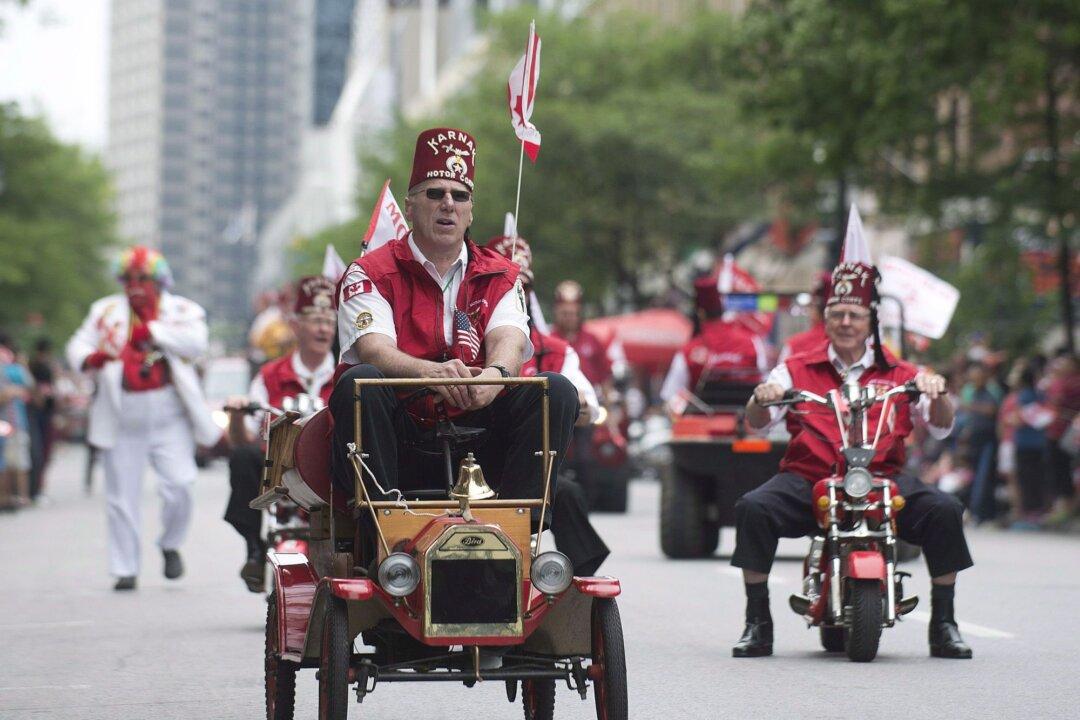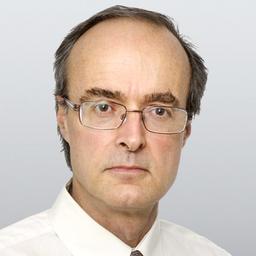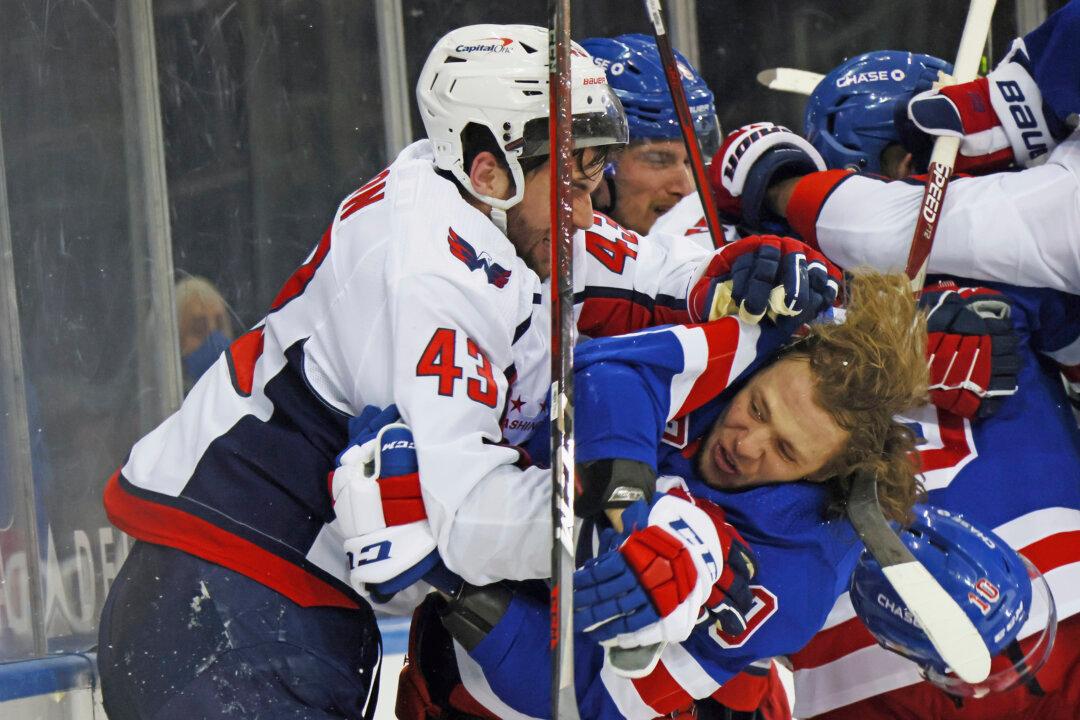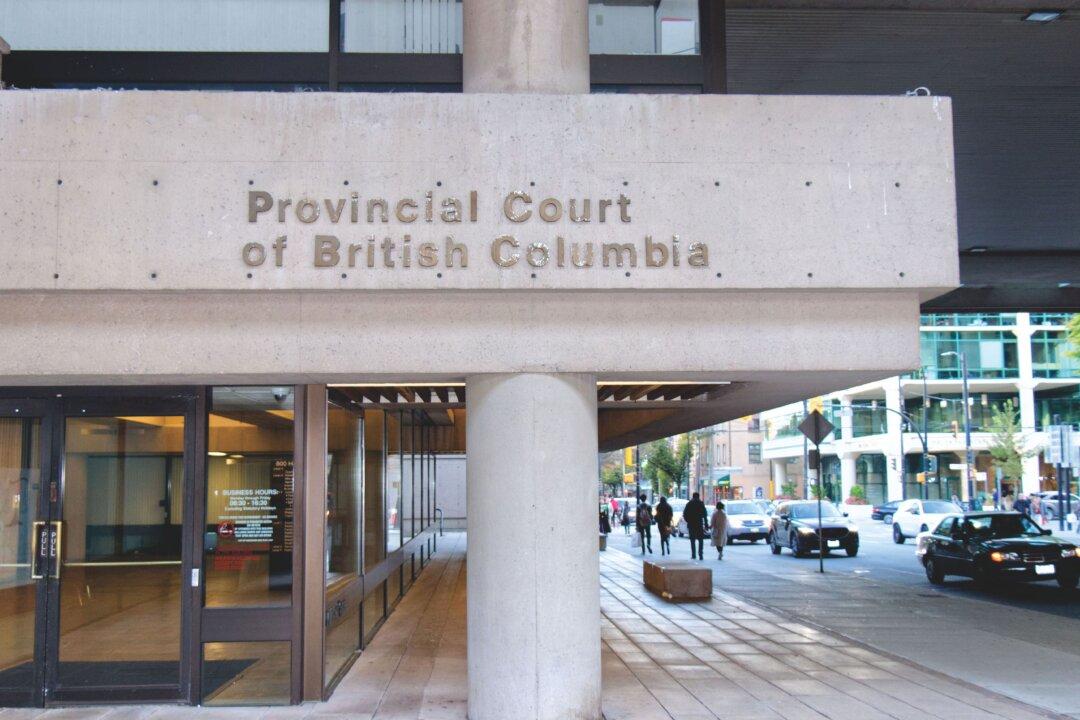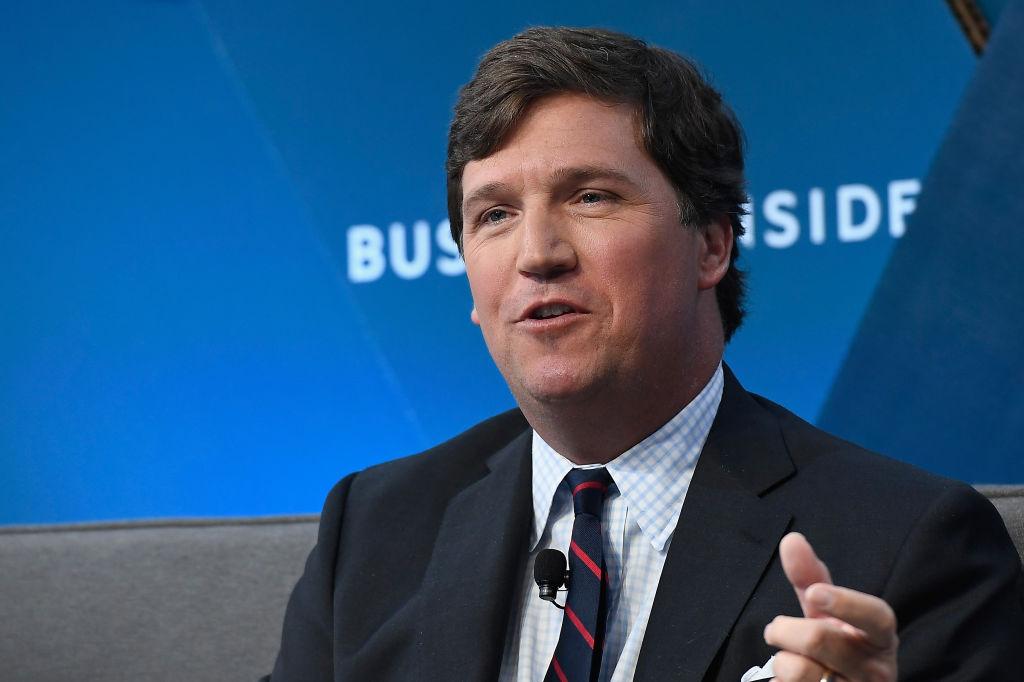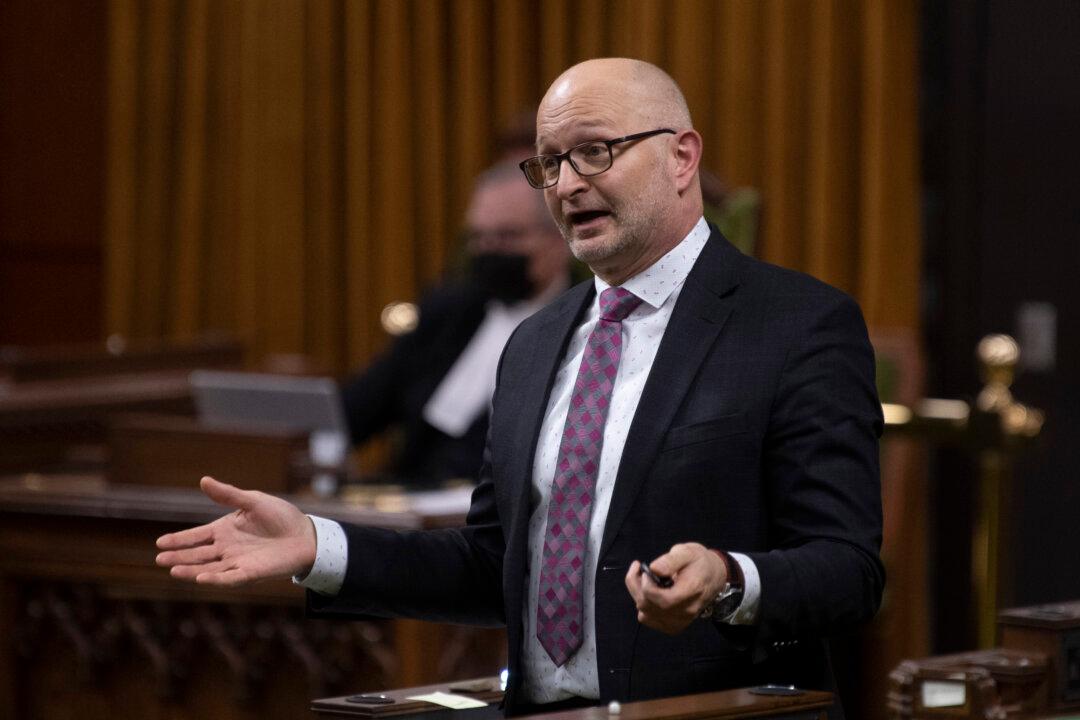Commentary
With all the concern about election propriety or impropriety in the United States, it’s timely to remember that democracy doesn’t just happen. It takes skills and practices rooted in tradition—which comes from where? Civil society, those clubs and groups like churches and choirs that enhance our way of life.
